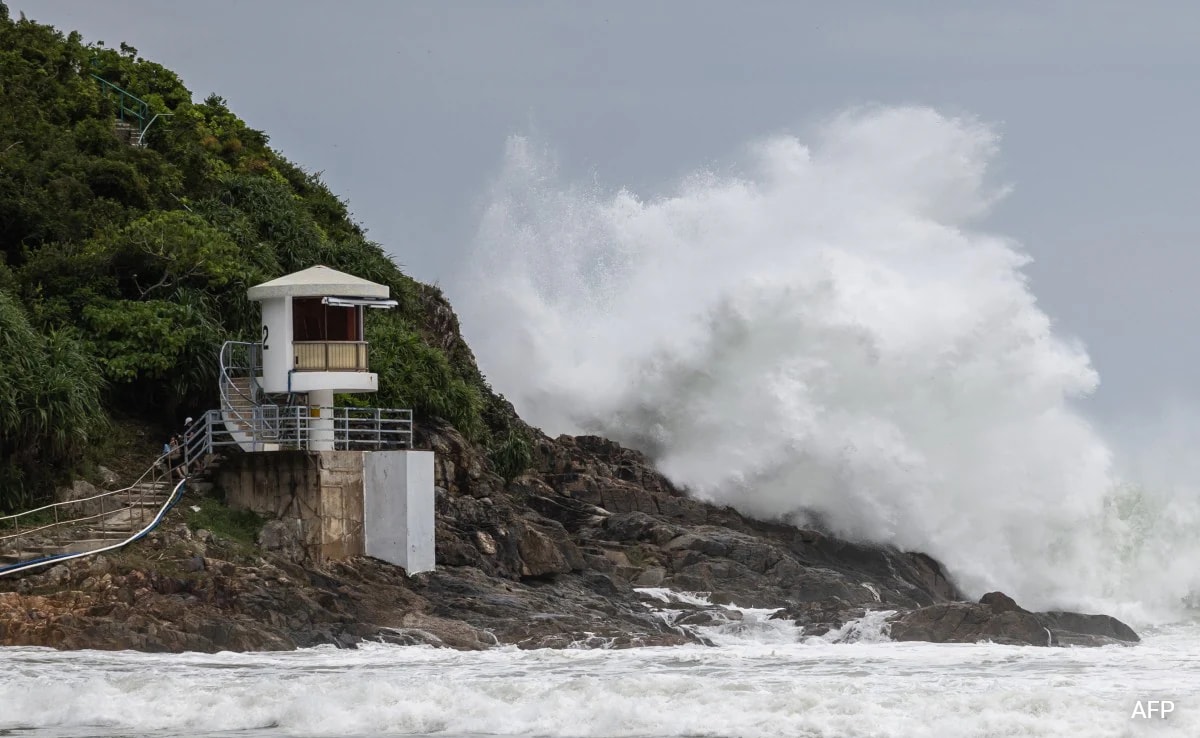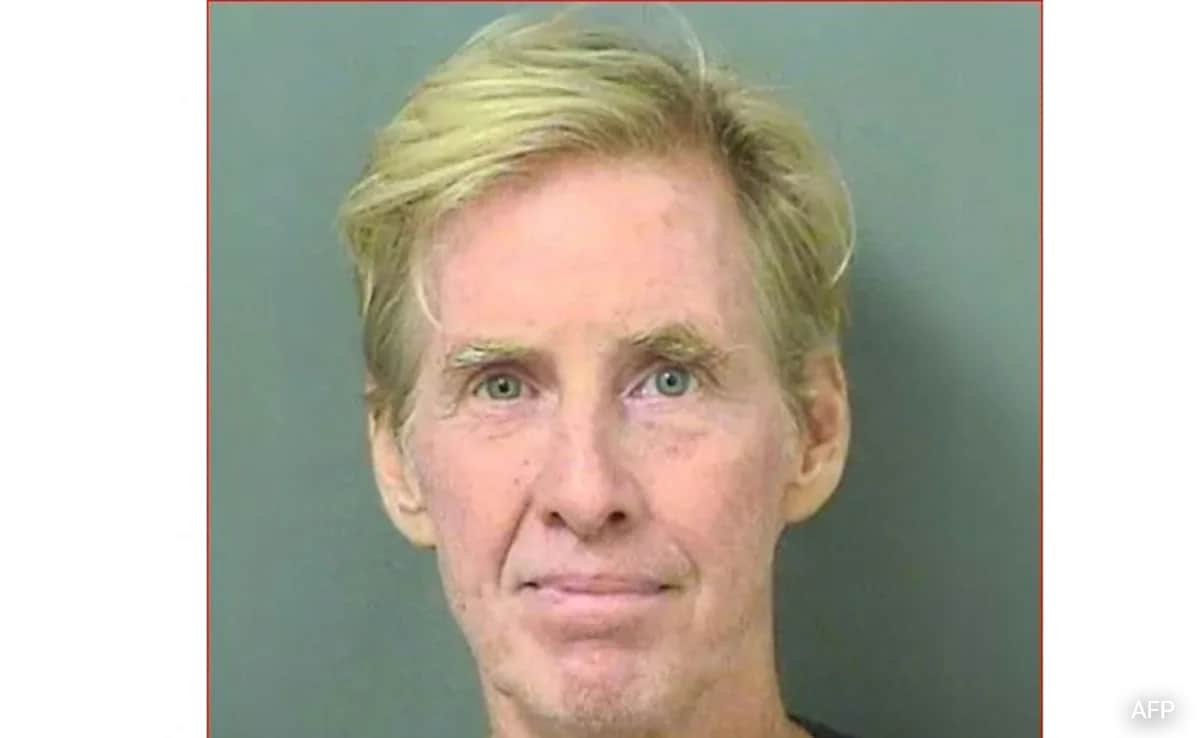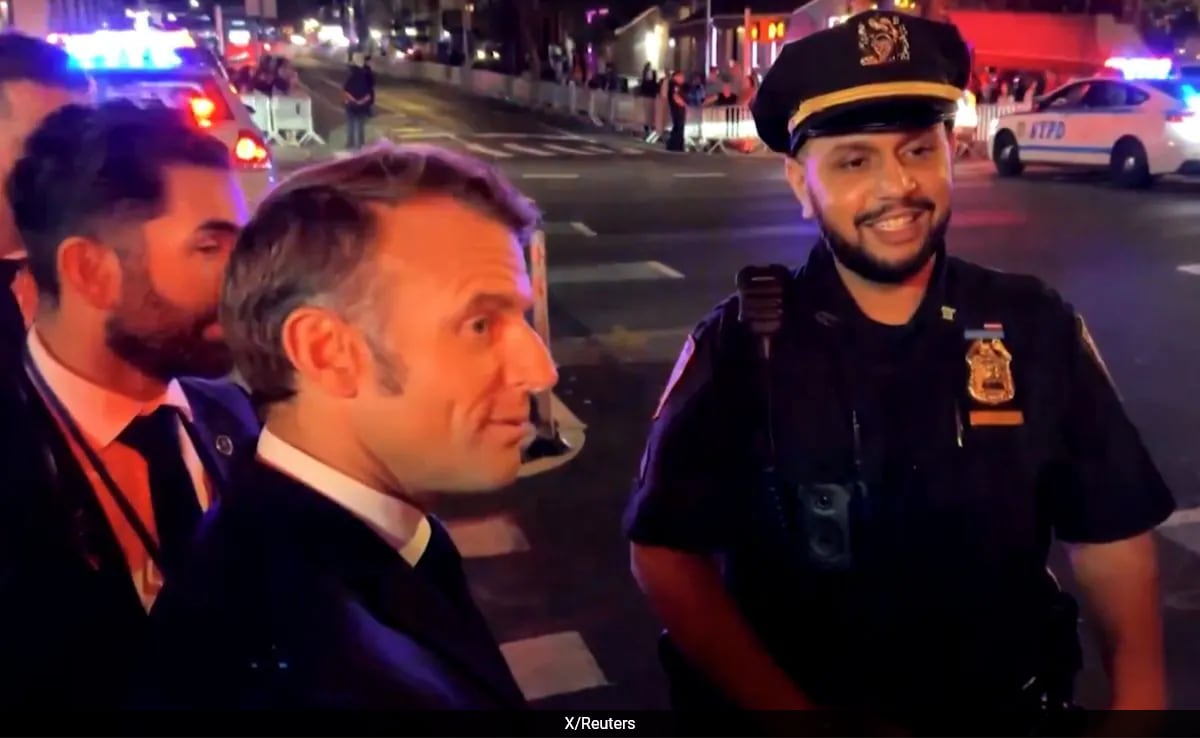âWe are very happy on the declaration of the genocide; many many thanks,â said 60-year-old Sala Uddin, who lives at Kutupalong camp.
âIt has been 60 years starting from 1962 that the Myanmar government has been torturing us and many other communities including Rohingya,â he said. âI think a path to take action by the international community against Myanmar has opened up because of the declaration.â
The U.S. made the determination Monday to call the repression a genocide based on confirmed accounts of mass atrocities on civilians by Myanmarâs military in a widespread and systematic campaign against the Rohingya, Blinken said in a speech at the U.S. Holocaust Memorial Museum.
Imtiaz Ahmed, director of the Centre for Genocide Studies at the University of Dhaka, said the declaration was âa positive step,â but it would be important to see what actions and âconcrete stepsâ follow.
âJust by saying that genocide had been committed in Myanmar against the Rohingya is not good enough. I think we need to see what would follow from that statement,â Ahmed said.
He said it was too early to say how the new development would ensure the recognition of the Rohingya refugees, who have long been denied citizenship in Myanmar, and the fundamental questions remained how and when they would go back to Myanmar.
He also said that going for harsh economic sanction by the U.S. against Myanmar could be the next outcome. He said it was also equally important to see whether the U.S. would take interest in supporting the International Court of Justice in The Hague where Myanmar is facing a trial put forward by Gambia.
Myanmarâs government is already under multiple layers of U.S. sanctions since a military coup ousted the democratically elected government in February 2021. Thousands of civilians throughout the country have been killed and imprisoned as part of ongoing repression of anyone opposed to the ruling junta.
Currently Bangladesh is hosting more than 1 million Rohingya refugees. More than 700,000 Rohingya have fled from Buddhist-majority Myanmar to refugee camps in Bangladesh since August 2017, when the military launched an operation aimed at clearing them from the country following attacks by a rebel group.
Bangladeshâs Prime Minister Sheikh Hasina said repeatedly that their repatriation to Myanmar is the solution to the crisis but Bangladesh would not force them to leave Bangladesh.
.png)











 English (United States) ·
English (United States) ·  Turkish (Turkey) ·
Turkish (Turkey) ·